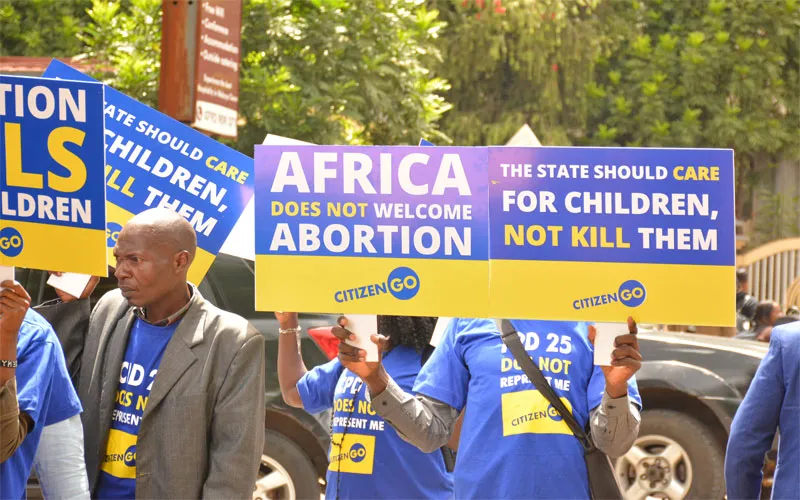Nairobi, 13 November, 2019 / 9:57 am (ACI Africa).
Some African Catholic professionals currently in Kenya's capital, Nairobi have criticized the narrative around controlling the rapid population growth in Africa, one of the issues implied in the five-theme agenda of the International Conference on Population and Development (ICPD25) that got underway Tuesday, November 12, terming the narrative fallacious and mythical because “Africa is not overpopulated”.
ICPD25 has been organized by the Governments of Kenya and Denmark, and the United Nations Population Fund (UNFPA).
The agenda to ensure Sexual Reproductive Health and Rights (SRH&R), which the UNFPA is spearheading has had the implication that people can engage in satisfying and safe life of sex, and especially that people have the freedom to choose if, when, and even how often to reproduce, rights and freedoms that seem to justify abortion and the use of contraceptives to curb population growth.
In that regard, concerns have been raised about the institution of family planning programs across Africa and other countries of the world as one of the documented commitments following the first ICPD held in Cairo, Egypt in 1994 and being evaluated during the ongoing Nairobi Summit.
In particular, as the Ambassador of Zambia to Ethiopia who is also a Permanent Representative to the African Union (AU), Emmanuel Mwamba has noted, it is the attempt to implement ICPD goals including family planning programs “without due regard to national, religious, cultural and traditional values and interests of Africa and other UN member states that remain conservative on such matters” that has generated controversies.








